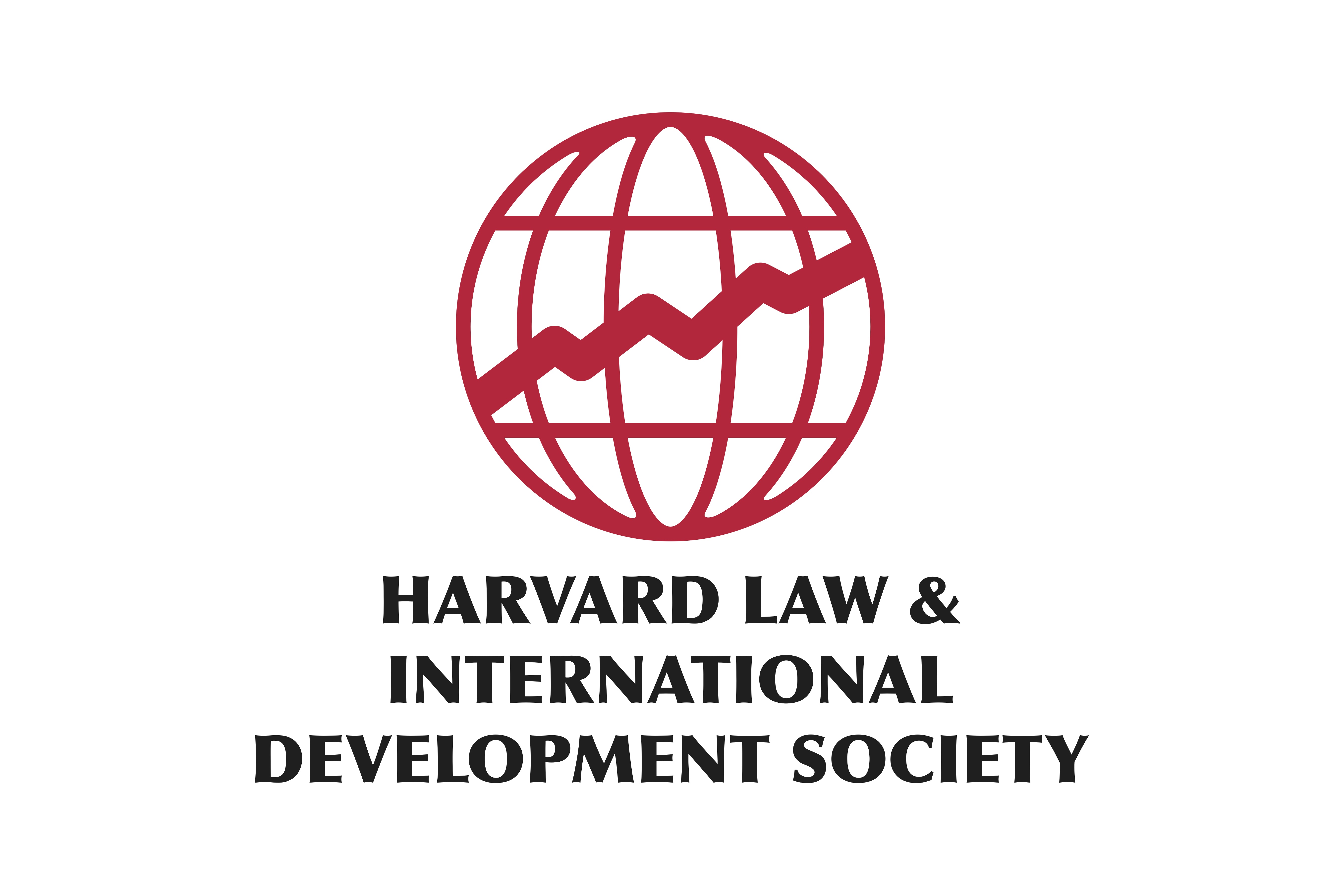Jan. 24, 2014 – John Rennie
This past summer President Obama announced what I believe is perhaps the most exciting development program currently underway. Phase One of Power Africa seeks to increase access to electricity for 20 million Africans. The impacts of this program are potentially transformative and can alter the participating country’s economic trajectory.
The statistics on the lack of electricity in Africa are long and shocking. Only one third of sub-Saharan Africans (SSA) have access of electricity, leaving over 600 million people without power and forcing them to spend significant amounts of their income on costly and unhealthy forms of energy, such as diesel. It also deprives them of educational opportunities, restricts economic productivity, and hinders communication. Perhaps the most astonishing fact I have heard about the lack of electricity in Africa is that the entire country of Liberia uses the same amount of power as the Dallas Cowboy’s stadium.
Power Africa aims to change this. Taking a collaborative approach and partnering with multiple organizations, such as African governments, numerous development banks such as the African Development Bank, and the private sector, Power Africa aims to pool and leverage the resources needed to develop the necessary power infrastructure in select African countries. This means expanding mini-grid, grid, and off-grid solutions and building out power generation, transmission and distribution structures. It will do this while employing only renewable energy sources, such as wind, solar, hydropower, natural gas, and geothermal resources. Power Africa is also an interesting development initiative because of its collaboration with the private sector. The initiative is supported $16 million, but only $7 million are from the US government. The remaining $9 million are private sector investment commitments from companies such as General Electric.
In order to reach its targets, Power Africa will have to navigate some big challenges. Many of the target countries have promising but challenging business environments. This can be seen in Nigeria, where President Jonathan is highly supportive of expanding electricity in the country. But his attempt to privative parts of the state-owned power company in order to expand electricity coverage was mostly rejected in the country’s senate, probably due to corruption. Moreover, some of these countries barely rank as investment grade, making them risky business environments. Ghana’s credit rating was recently downgraded due to its increasing debt and failure to pass budget reforms. Power Africa is trying to address these challenges through measures such as the use of political risk insurance and political engagement. But with big infrastructure projects such as Power Africa, where the benefits are derived over a long time period, operating in unpredictable environments greatly increases the risk involved.
Power Africa has the ability to provide substantial boosts to SSA economies. Moreover, electricity is essential to so many important functions that it has the potential to be transformative for individual’s daily lives. How it navigates the challenges and risks it will be an important determinate of the program’s success and will also serve as a good litmus test for the investment climate in many SSA countries.


